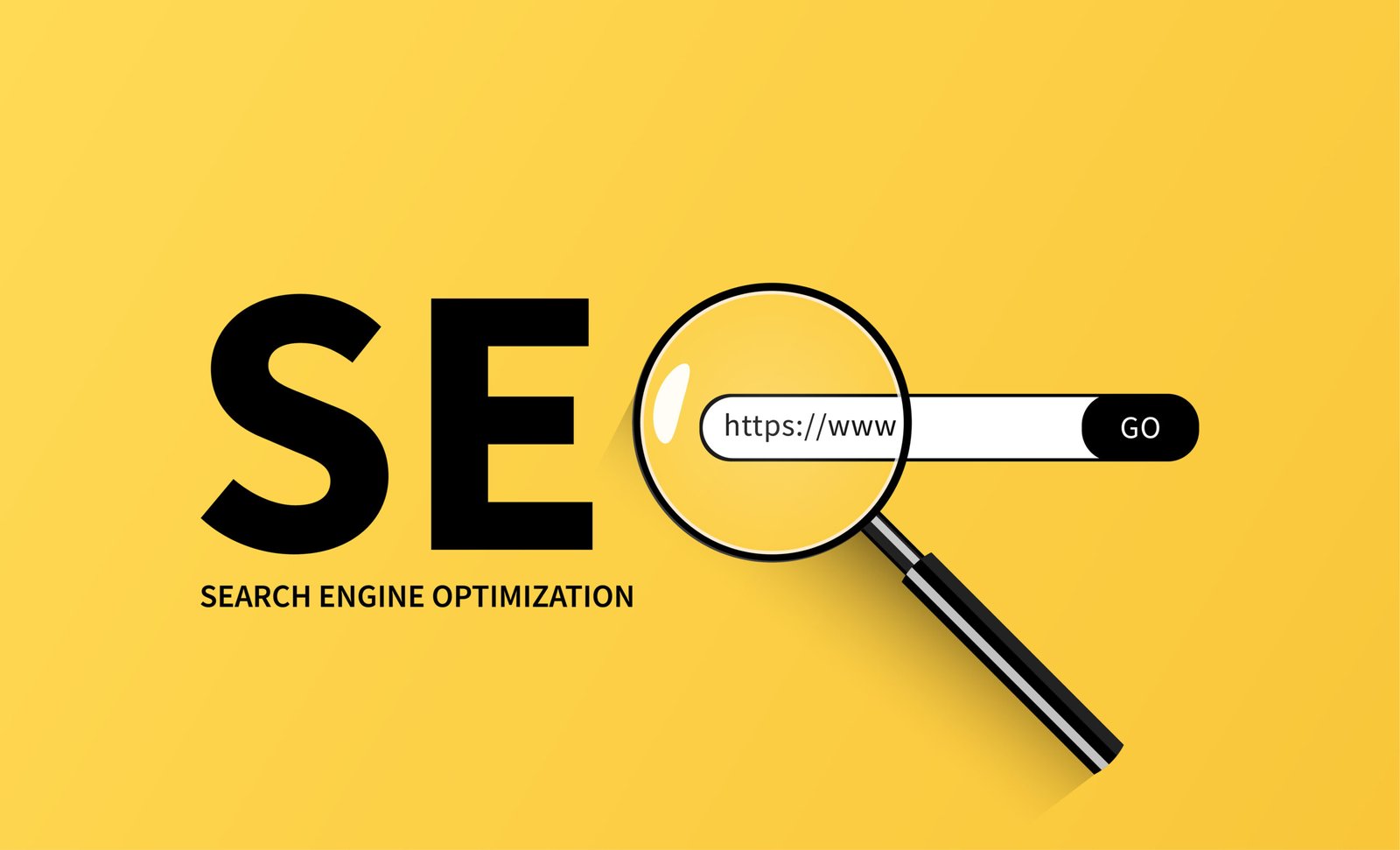Improve your healthcare website’s search ranking with expert content, E-A-T compliance, and local SEO strategy. Actionable tips from SEO professionals.
To attract new patients and establish credibility online, a well-optimised website with an aesthetic and easy-to-navigate user interface is essential. Effective search engine optimisation (SEO) ensures that your healthcare practice ranks favourably on search engines, making it easier for potential patients to find you. If you fall below page 1 or 2 for any given search term, you’re unlikely to receive much in the way of organic traffic through Google search. This guide outlines the main principles for improving your website’s search rankings through the implementation of E-A-T (Expertise, Authoritativeness, Trustworthiness) compliance, highly specialist and expert content and SEO tactics at a local level.
Why Does SEO Matter for Healthcare Websites?
More and more, patients are increasingly reliant upon search engines for seeking out medical and healthcare solutions and when trying to select a service provider. This underpins the importance of strong and consistent SEO practices to help healthcare websites stay competitive. A well-optimised website will drive organic traffic, increase patient engagement, and ultimately result in appointment bookings. You can improve your website’s visibility with the right digital marketing strategies.
Consider what happens when someone searches for “best laser for acne scarring” or “alternative to botox.” They’re not just passively browsing; they’re actively seeking a specific solution to a clear and present issue. They are raising a flag and identifying as an active buyer, yet marketing budgets are rarely reflective of the size of the opportunity.
Unlike social media or display advertising, where marketers must infer health interests from behavioural signals (often with questionable accuracy), search provides crystal-clear intent. The consumer is raising their hand and saying, “I have this specific health concern right now.” Partnering with a healthcare marketing agency can streamline SEO efforts and maximise results.
Search as a Strategic Healthcare Asset
For healthcare brands, search isn’t just another digital channel. It’s a strategic asset that serves multiple critical functions:
- Immediate intervention at their hour of need: Being present when someone is actively searching for symptom information, treatment options or a suitable service provider. This is where local SEO plays a significant role.
- Trust building: Establishing authority through helpful, accurate, authoritative content when consumers are most likely to take action. Creating content that aligns with E-A-T guidelines will ensure that search engines recognise your website as trustworthy and reliable.
- Competitive defence: Preventing competitors from stealing attention when your target audience is actively searching for services. A strong reputation management strategy is crucial to managing your online presence.
Market intelligence: Gaining invaluable insights into consumer health concerns, language, and the factors contributing to their decision journeys. Medical departments can use this information to refine their offerings.
It’s ultimately about being visible through search when the consumer health journey spurs them to take action.

Maximising Your Healthcare Search Strategy
If you’re managing marketing for a healthcare brand, particularly one with larger budgets, here’s how to realign your approach to search:
- Interrogate your current search impression share: Are you fully present for all relevant queries related to your products and services? Many providers are shocked to uncover that they are not visible in areas they seek visibility in.
- Evaluate where you’re spending your money: Compare your search investment with what you’re spending on other channels, then compare the ROI. Reallocate the budget to search that’s delivering results. Consider leveraging business consultancy services to get expert advice on budget allocation.
- Expand beyond branded terms: Seek to capture the customers that are actively searching for a solution, rather than being focused on brand specificity.
- Ensure organic and paid strategies are working hand in hand: A comprehensive search approach coordinates SEO and PPC efforts so that the message and visibility are consistent across both channels.
Be search data-led: The language and concerns revealed through search data should inform the direction of travel for content creation across all marketing channels.
FAQ
- Why is local SEO important for healthcare websites?
Local SEO helps medical practices appear in local search results, making your business visible to those using a search engine to solve their issue or search for a provider. If you’re in need of assistance, check out Nexus Healthcare’s digital marketing services. - How does E-A-T impact healthcare SEO?
Search engine ranking rewards content that is recognised as trusted, expert and authoritative, particularly in the domain of healthcare. Maintaining a website that aligns with E-A-T guidelines can significantly boost your SEO efforts. - What are the best keywords for medical marketing?
Keywords should include terms that patients commonly search for. Research thoroughly before defining your keywords. You can also consult with Nexus Healthcare’s business consultancy to fine-tune your SEO strategy. - Should healthcare providers work with an SEO agency?
Before taking on an agency, ensure they have expertise in your industry. Healthcare and medical-related services present unique challenges, so make sure they have the necessary experience. Nexus Healthcare provides tailored solutions in this regard, offering digital marketing and website creation services.
What should I do next?
If you want to find out more about digital healthcare marketing SEO best practices and improving your digital presence, contact the friendly and expert team at Nexus Healthcare for an informal chat.

